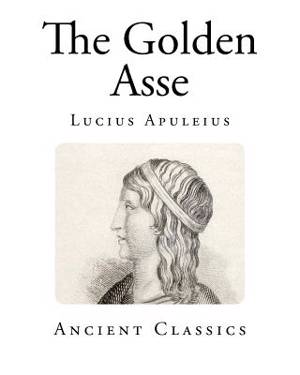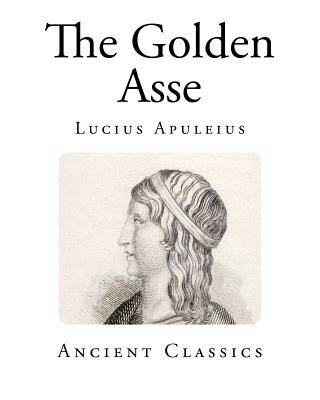
- Afhalen na 1 uur in een winkel met voorraad
- Gratis thuislevering in België vanaf € 30
- Ruim aanbod met 7 miljoen producten
- Afhalen na 1 uur in een winkel met voorraad
- Gratis thuislevering in België vanaf € 30
- Ruim aanbod met 7 miljoen producten
Zoeken
€ 15,95
+ 31 punten
Uitvoering
Omschrijving
The Golden Asse By Lucius Apuleius Ancient Classics Translated by William Adlington Apuleius, also called Lucius Apuleius Madaurensis, Berber: Afulay; c. 125 - c. 180 C.E.) was a Latin-language prose writer. He was a Numidian Berber and lived during the Roman period. He was from Madaurus (now M'Daourouch, Algeria). He studied Platonist philosophy in Athens; travelled to Italy, Asia Minor and Egypt; and was an initiate in several cults or mysteries. The most famous incident in his life was when he was accused of using magic to gain the attentions (and fortune) of a wealthy widow. He declaimed and then distributed a witty tour de force in his own defense before the proconsul and a court of magistrates convened in Sabratha, near ancient Tripoli, Libya. This is known as the Apologia. His most famous work is his bawdy picaresque novel, the Metamorphoses, otherwise known as The Golden Ass. It is the only Latin novel that has survived in its entirety. It relates the ludicrous adventures of one Lucius, who experiments with magic and is accidentally turned into a donkey.
Specificaties
Betrokkenen
- Auteur(s):
- Uitgeverij:
Inhoud
- Aantal bladzijden:
- 172
- Taal:
- Engels
- Reeks:
Eigenschappen
- Productcode (EAN):
- 9781492390459
- Verschijningsdatum:
- 10/09/2013
- Uitvoering:
- Paperback
- Formaat:
- Trade paperback (VS)
- Afmetingen:
- 203 mm x 254 mm
- Gewicht:
- 353 g

Alleen bij Standaard Boekhandel
+ 31 punten op je klantenkaart van Standaard Boekhandel
Beoordelingen
We publiceren alleen reviews die voldoen aan de voorwaarden voor reviews. Bekijk onze voorwaarden voor reviews.











